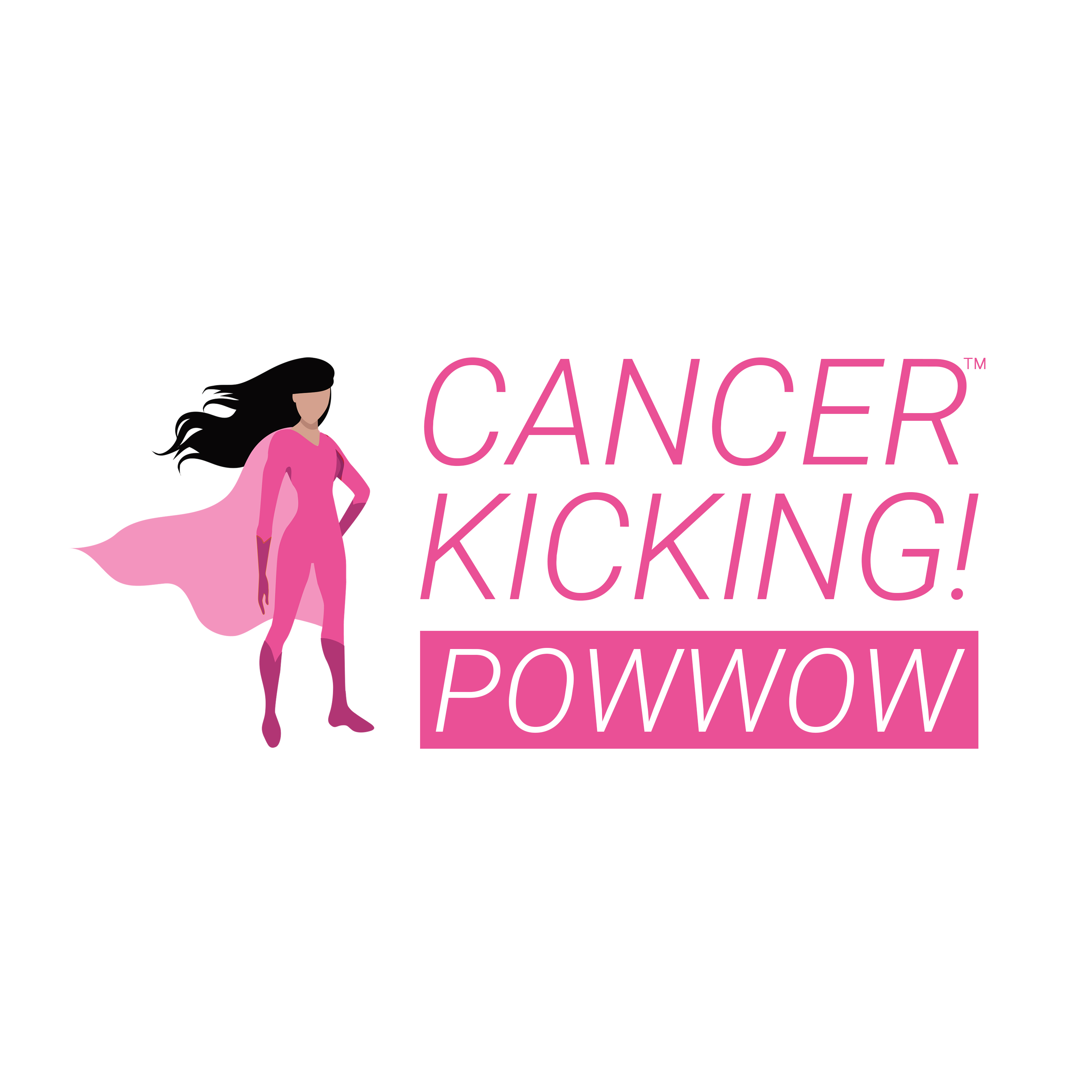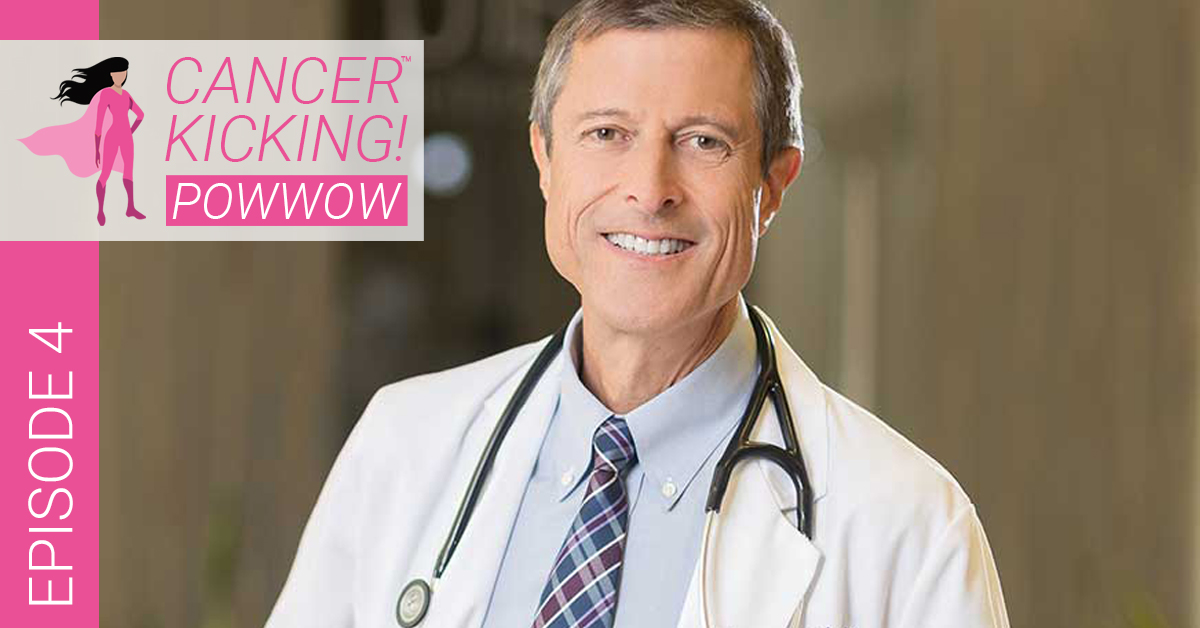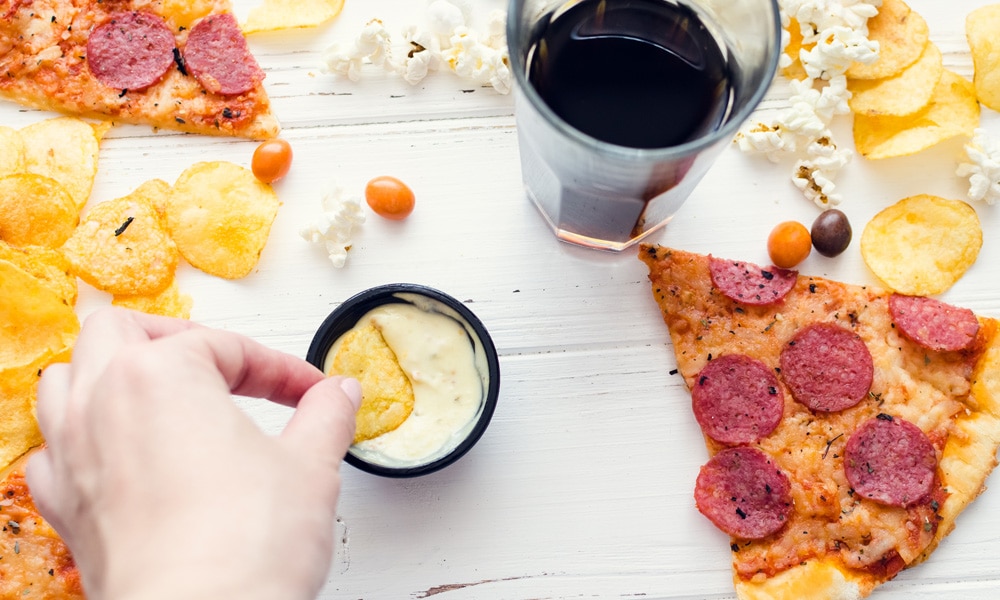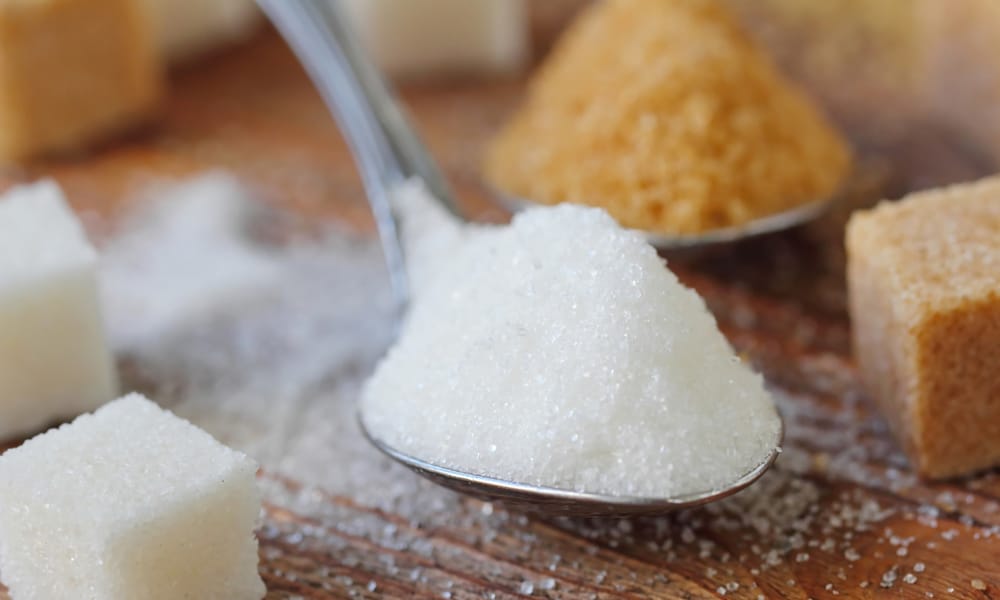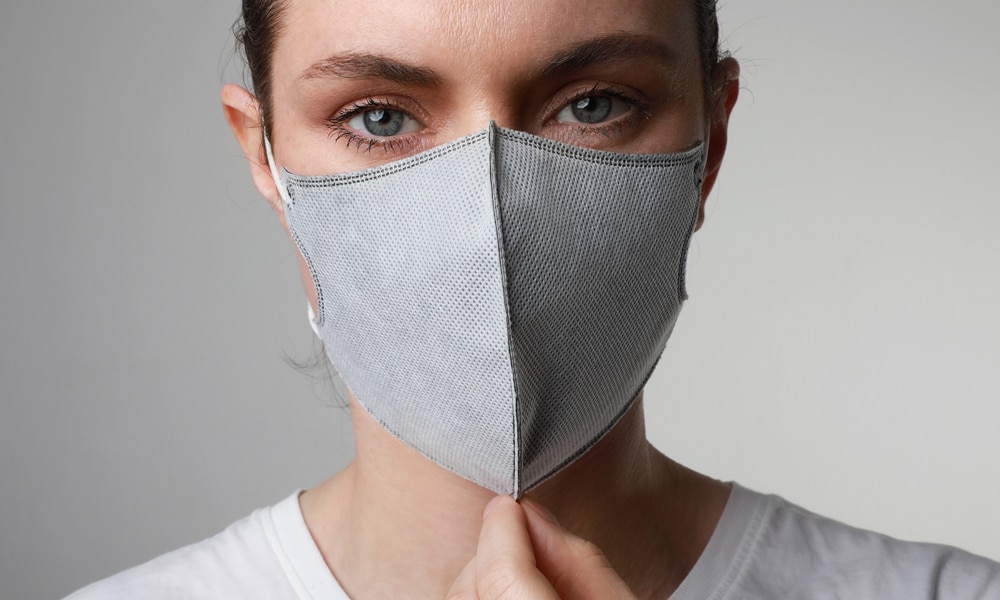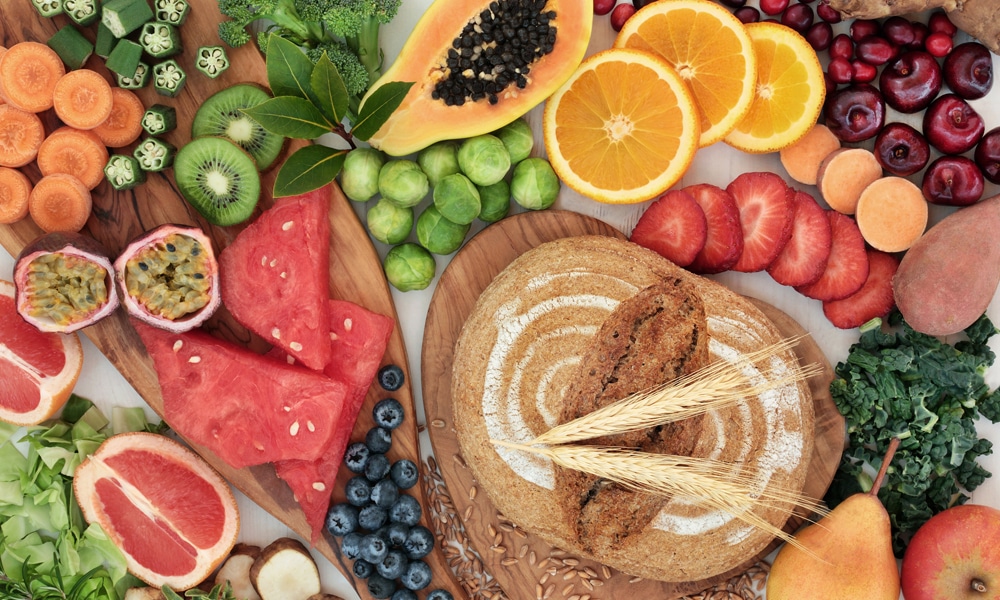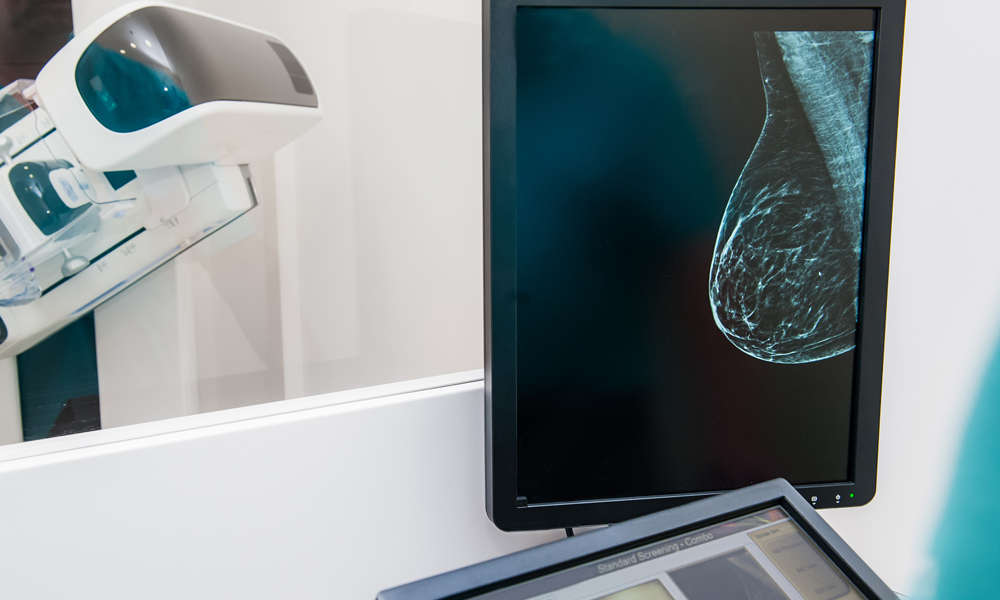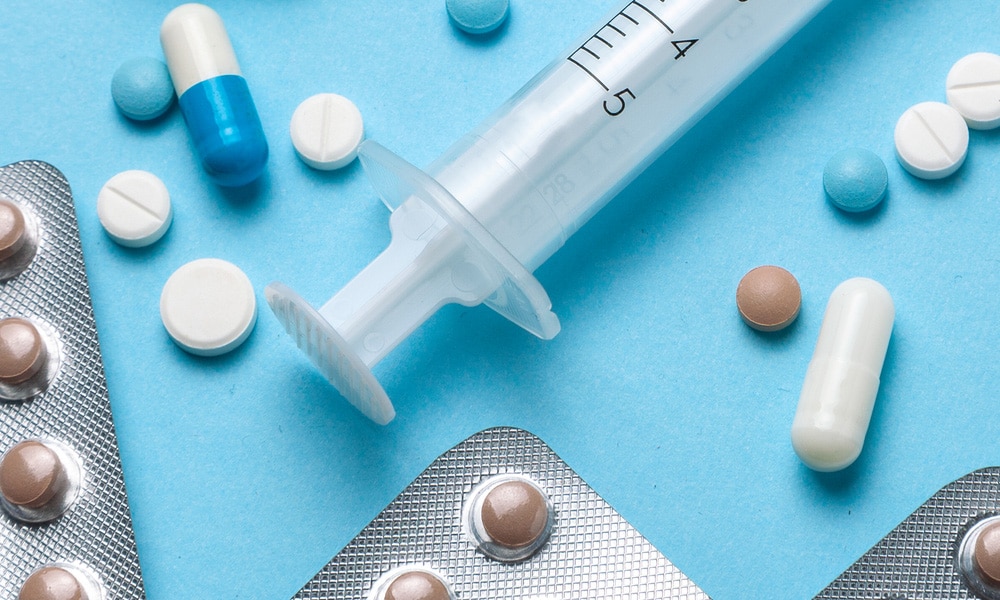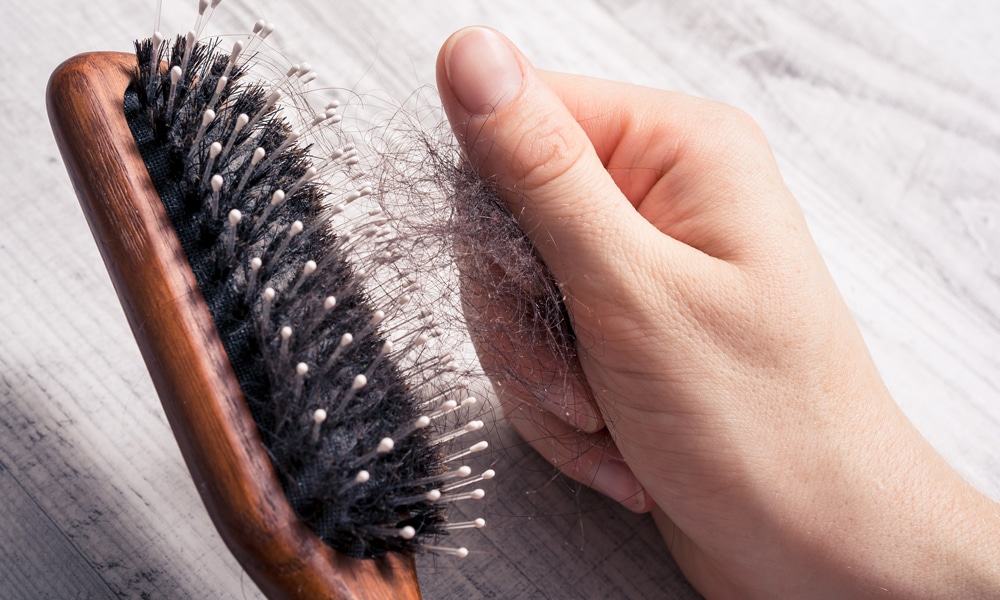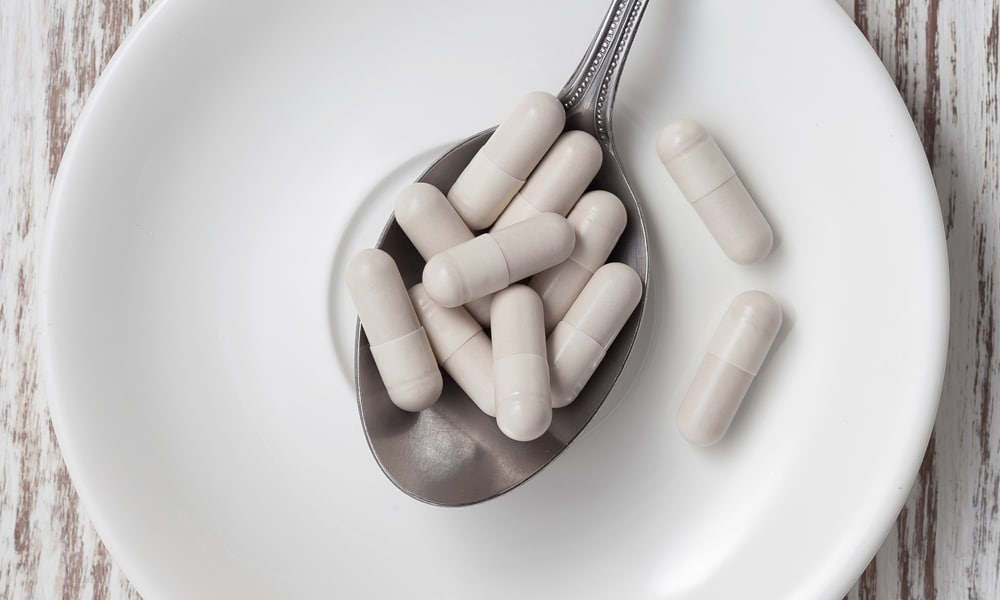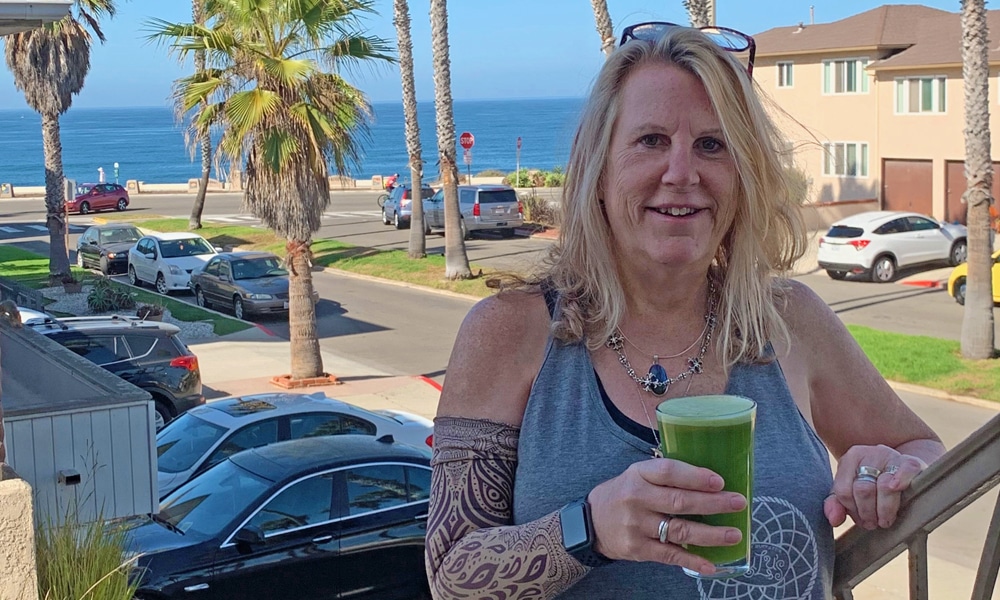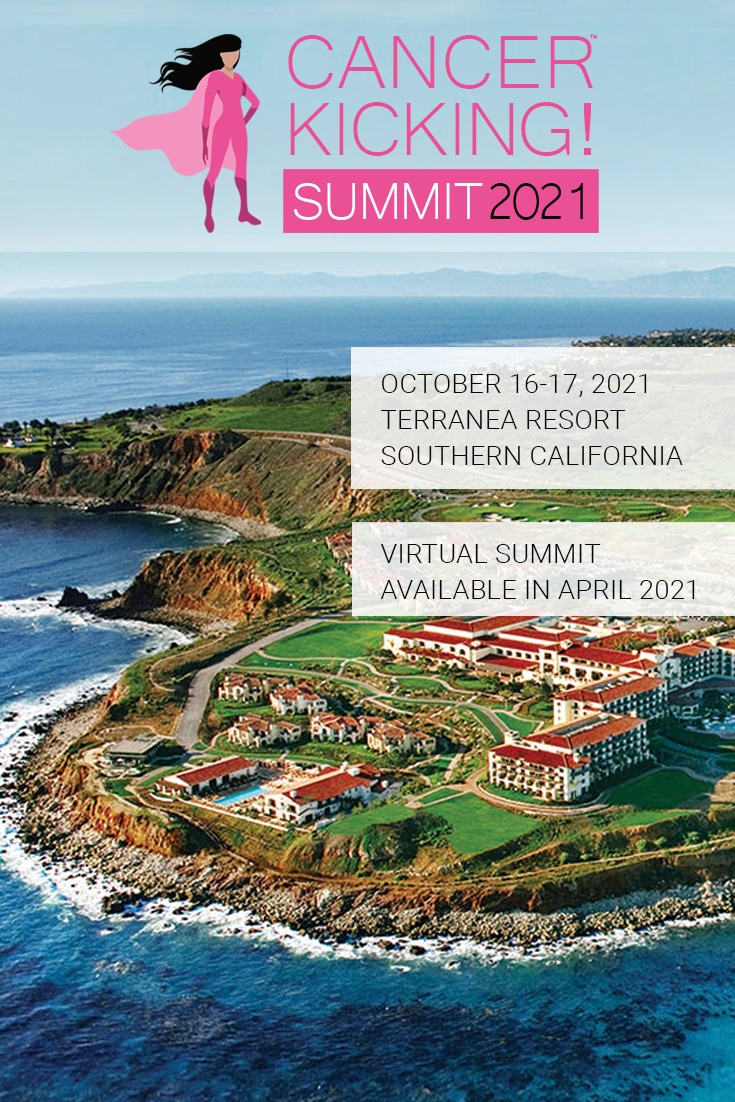If you asked the average person on the street what contributes to breast cancer, chances are they’d say genetics – not drinking alcohol. But guess what? The average person – and even some medical professionals – would be wrong.
Studies show that drinking alcohol increases breast cancer risks in women of all ages.
While your beautiful eye color is passed down from someone in your family, chances are your breast cancer is not. As surgical breast specialist Dr. Kristi Funk points out in her bestselling book Breasts: The Owner’s Manual: “Inherited mutations, like BRCA, only cause 5 to 10 percent of breast cancer; in fact, 85 percent of women diagnosed with breast cancer do not have a single relative with breast cancer.”
Then What is the Cause?
The bad news is that sometimes we just don’t know. A woman could do everything in her control – exercise, eat right, lead a life as free of stress and toxins as possible – and still wind up with breast cancer. In these cases, there is still an unknown origin or mutation at play that science will hopefully unearth one day real soon.
Until that time, there is good news: In the majority of cases, you have more control over breast cancer that you probably had thought.
You read that right.
There are lifestyle changes you can make right now to help reduce your risk of breast cancer. These same changes may also help to decrease your likelihood of other diseases. As important, for current breast cancer patients, these modifications in diet and lifestyle can positively impact disease progression and prognosis, as well.
Because this topic deserves so much attention, we will discuss all the major changes you can make in this and future blog posts. We have already talked about reducing environmental toxins in your home. For today, we are going to take a close look at how alcohol affects breast cancer. So here we go!
Over 11 hours of video content are now available to stream from any device. If you cannot attend our annual Summit at Terranea Resort, sign up for the Virtual Summit instead and get the same information from the in-person Summit in the convenience of your own home.
To Drink or Not to Drink: That is the Question
Our apologies to William Shakespeare aside, this truly is the question and the answer is one you may not like.
Research shows that for pre-menopausal women who do not drink alcohol, do not smoke, and who eat a plant-based diet and exercise, their breast-cancer cancer risks are cut in half. For postmenopausal women who follow this path, their risk drops by a full 80 percent.[1]
The role of decreasing your breast-cancer risk with alcohol avoidance comes down in part to folate, also known as its synthetic name folic acid. Folate, in its active form methylfolate, works in conjunction with its sister B vitamins B6 and B12 to create and rebuild the amino acid glutathione. Glutathione is one of the strongest naturally-occurring antioxidants we have in our fight against cancer; it helps eliminate and purify carcinogens.[2] This is where alcohol becomes problematic; it gets in the way of glutathione doing its very important job by inhibiting folate from converting into its active form, methylfolate.
To put it simply: increased alcohol means lower methylfolate, which means less elimination of carcinogens and a decreased ability for your body to repair damaged cells. Sadely, this is not the only strike against alcohol.
Stay Connected
Stay Connected
Is Alcohol a Carcinogen?
Alcohol also increases estrogen levels and gets in the way of our immune system from optimally doing its job. It also metabolizes into a known carcinogen called acetaldehyde. “Acetaldehyde is linked to most of the negative clinical effects of alcohol. It has been shown to increase the risk of developing cirrhosis of the liver, multiple forms of cancer, and alcoholism.”[3] Unfortunately, acetaldehyde in liquid form is also used in the manufacturer of every-day items. You may know it by its chemical name: Formaldehyde.
So what happens if you are like me and still, after knowing the risks, enjoys an occasional cocktail or glass of red wine?
Since alcohol is waging a fight against you, you need to arm yourself with soldiers to fight back, and there are multiple things you can do. Some of the best soldiers are conveniently located in the produce department of your local supermarket, but there are other and simpler choices as well.
Are there any Workarounds?
Remember folate? Increase it. If you are already rushing to the store to buy a Folic Acid supplement, put on your brakes! Folic acid does not mitigate the bad effects of alcohol because it needs to be in its active form methylfolate in order to do its job! To work around this problem, you ingest methylfolate directly by using a custom supplement like Cosmo Companion, which contains a comprehensive methylfolate formula that improves liver function, detoxification and cell regeneration and also enhances alcohol sugar metabolism and optimal cellular health.
Not a fan of supplements? There are plenty of foods that contain methylfolate. All the ones your mama told you to eat: spinach, bell peppers, berries, and cruciferous vegetables such as broccoli and cauliflower, to name just a few. But this is important: do not cook them! Cooking the veggies kills the folate, so if you want any benefit from them, make sure you eat them raw. Vegetables that contain beta-carotene are especially good for women who like to have the occasional drink and still hope to decrease their breast cancer risk. If you’re not sure which foods contain beta-carotene, it will help to remember that beta-carotene is what gives fruits and veggies their orangey-red color. So, if you’re having that occasional drink, load up on those as carrots, sweet potatoes, and apricots while you do.
Again, zero consumption of alcohol is your best bet for avoiding disease. But if you choose to consume alcohol, like so many of us do, use a supplement or make sure to eat a sufficient amount of foods that contain methylfolate each week (better yet, daily).
Is there a Preferred Drink?
But wait, is there a specific alcoholic beverage that is less harmful than another? To no surprise, it’s red wine. You may already be aware that the antioxidant in red wine called resveratrol is linked to a reduced risk of heart disease. But did you also know that this compound also inhibits the mechanisms for cancer to grow? (By the way, if you choose to abstain from alcohol but still want the cancer and heart-disease-fighting properties of resveratrol, eat red grapes with seeds. But don’t peel them; the skin is what has the resveratrol.)
Another plus for red wine is — unlike all other alcohol — it does not increase estrogen levels. In fact, it behaves in an opposite fashion; red wine inhibits the conversion of a person’s steroids into estrogen.
A note of caution: even red wine must be consumed in moderate quantities. Two large studies report their findings that “alcohol consumption above moderate levels was more strongly associated with risk of cancer,” especially for smokers. These same studies also concluded what we have already said in this post: “light to moderate drinking is associated with small and non-significant increased risk of overall cancer… Among women, even consumption of up to one drink per day was associated with increased risk of alcohol-related cancers (mainly breast cancer).”[4]
You are Empowered
To drink or not to drink: that is the question. The answer, like all health choices, is a personal one.
Still not sure?
Use our Alcohol Risk Calculator to understand your individual lifetime breast cancer risk from alcohol consumption. The calculator looks at how much (and what) you drink and weighs in additional variables, such as age and whether you consume methylfolate or not.
Whether you choose to abstain or have a cocktail, at Pink Lotus Power Up, we raise our glasses to you and wish you, as always, “good health.”
References
- L. M. Sánchez-Zamorano et al., “Healthy Lifestyle on the Risk of Breast Cancer,” Cancer Epidemiology and Prevention Biomarkers 20, no. 5 (2011): 912–22
- A. J. L. Cooper, “Biochemistry of Sulfur-Containing Amino Acids,” Annual Review of Biochemistry 52 (1983): 187–222; J. D. Hayes and L. I. McLellan, “Glutathione and Glutathione-Dependent Enzymes Represent a Co-ordinately Regulated Defence against Oxidative Stress,” Free Radical Research 31 (1999): 273–300
- https://pubchem.ncbi.nlm.nih.gov/compound/acetaldehyde
- http://www.bmj.com/content/351/bmj.h4238


